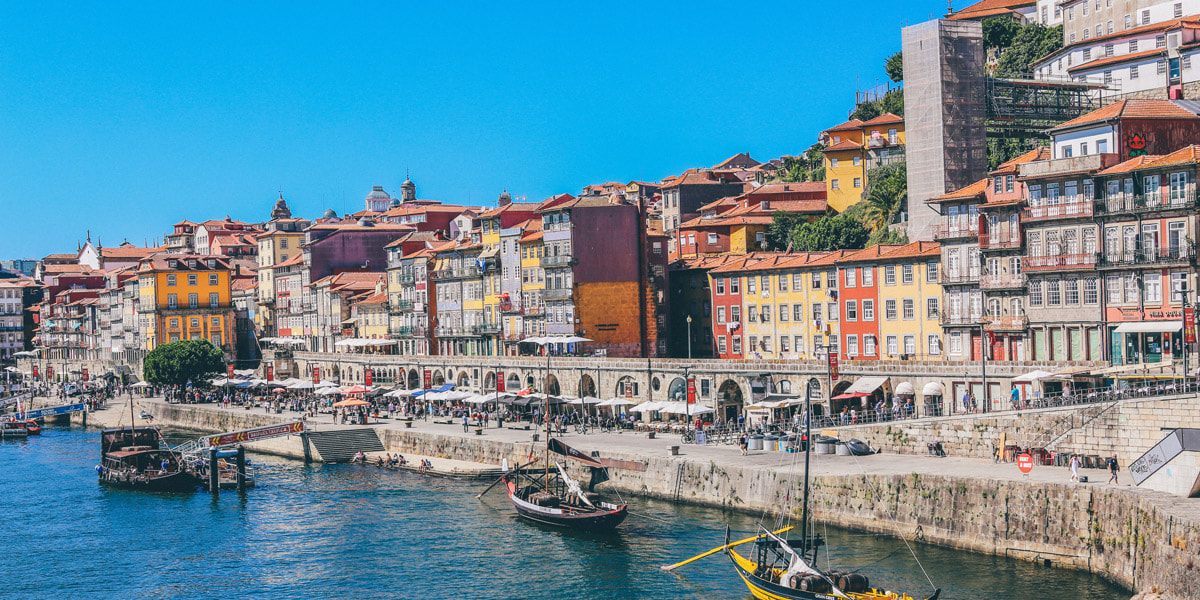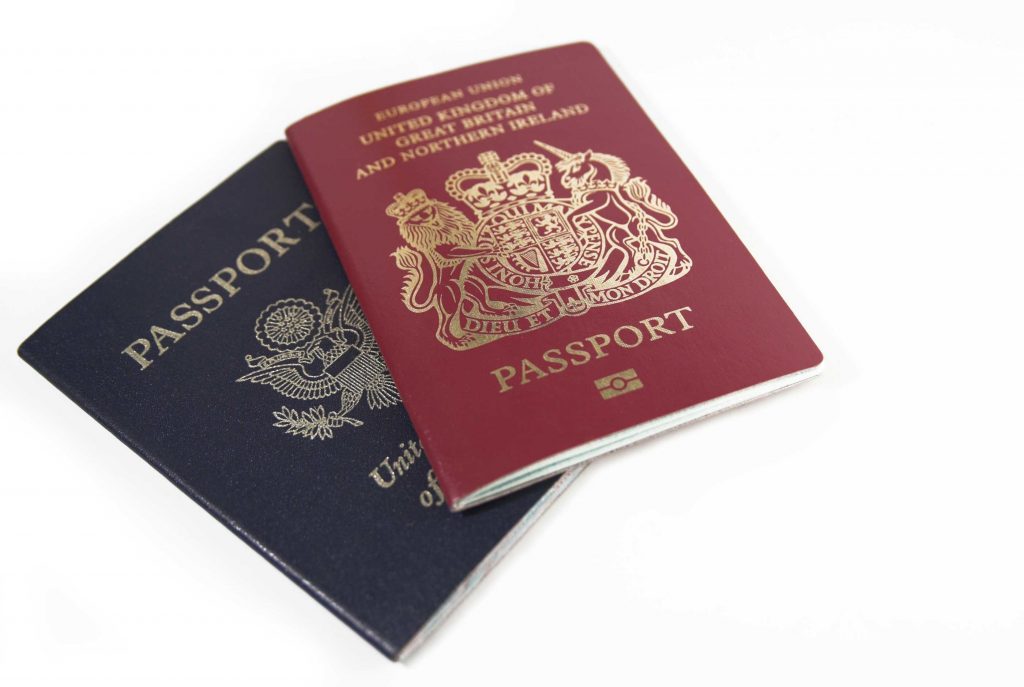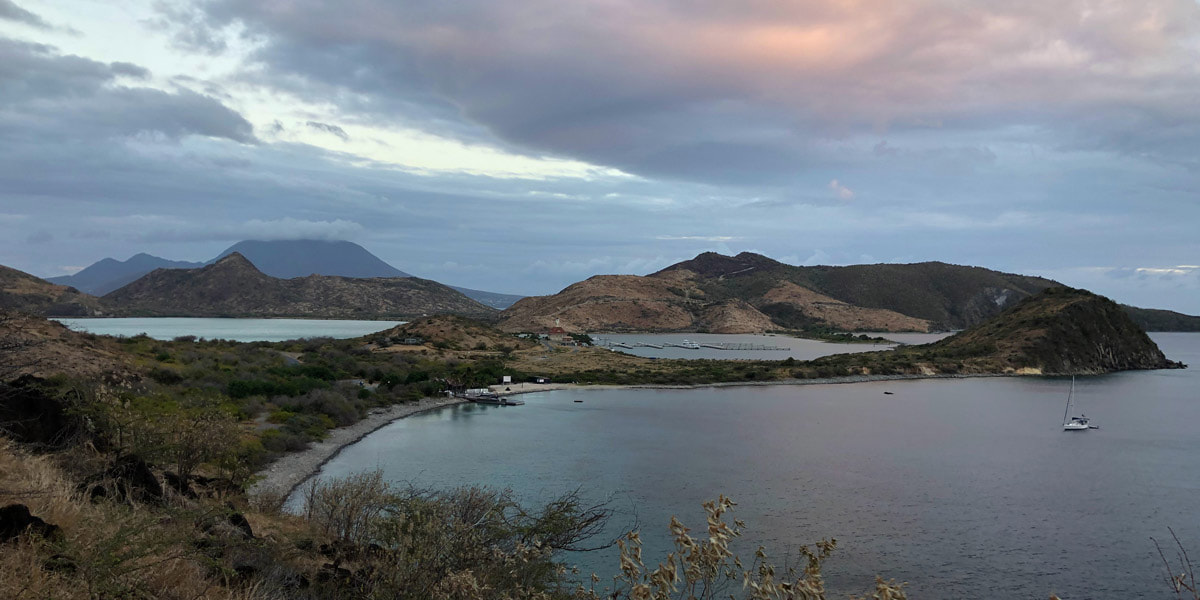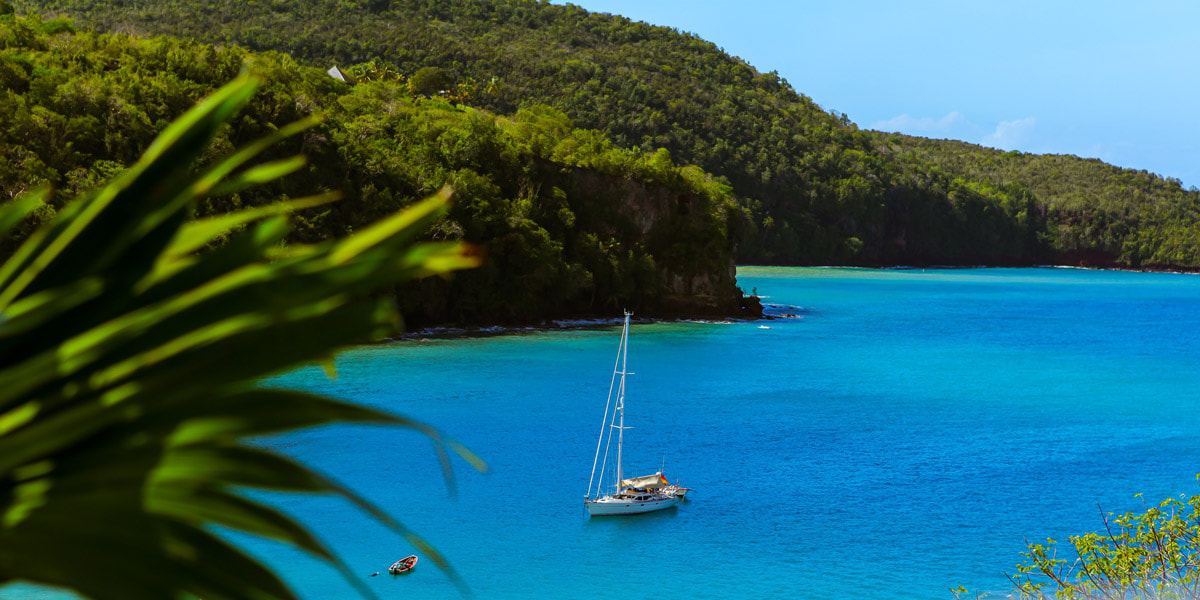|
What has changed in Malta’s immigration policy?
The amendments that came into force on November 20, 2020, effectuate a new route of receivingMaltese citizenship ‘by Naturalisation for Exception Services by Direct Investment’. From now on, you’ll be able to obtain a Maltese passport in one or three years after securing a residence permit. According to the new rules, the certificate of Maltese citizenship can only be provided to 400 main applicants per year. The overall number of main applicants within the new programme should not exceed 1,500. What do I need to do to get a Maltese passport? A candidate for Maltese citizenship should: Make a donation of €600,000–€750,000 to the national fund Purchase Maltese property at a minimum cost of €700,000 or rent the property at €16,000 per year Make a voluntary donation of €10,000. Here are more details. The minimum donation sum depends on whether the investor is planning to apply for citizenship in one or three years after receiving the residency. If you’d like to obtain the passport in three years (36 months), the donation will amount to €600,000. If you’d like to take the fast track and obtain the citizenship of Malta in one year (12 months), the minimum donation will amount to €750,000. For dependents of the main applicant, the sum of donation to the Maltese national fund will constitute €50,000. The investor can purchase property at the minimum cost of €700,000 or rent property at a fee of €16,000 per year. The minimum investment term is five years from obtaining citizenship. How fast can I become a citizen of Malta? If you take the fast track to citizenship, you’ll get the passport in 14 months. Before I get the passport I’ll need to obtain residency. Is this right? Yes, according to the law of Malta, candidates for citizenship must receive a residence card and hold it for 12 months. Candidates get an electronic ID - eResidence card. Once you obtain it, you become a Maltese resident. Can I obtain Maltese passports for my whole family? Yes. The Maltese government has met the investors halfway and raised the age for financially dependent children who are eligible for citizenship - from 27 to 29 years. Thus, investors can get a Maltese passport for themselves, their spouses, financially dependent and unmarried children under 29 years old (children with disabilities without limitations), parents and grandparents of the main applicant and their spouse (older than 55 years old). According to the new rules, not only the main applicant, yet all dependent adults should apply for residency. The non-refundable investor’s fee on this stage will amount to €5,000, €10,000 - for family members. How is the immigration process organised? Obtaining Maltese citizenship is a transparent and streamlined process. You should contact the immigration specialists. Prime Land Ventures experienced lawyers will help you pick the right investment option, prepare all the documents, check them thoroughly and submit the application. The processing of Maltese citizenship includes several stages. You need to: Apply for residency Undergo the due diligence check Get approval from the Maltese authorities and make the investment Apply for naturalisation (citizenship) Take an oath of allegiance within six months from getting the passport. The Maltese citizenship is granted for life and it is transferable by inheritance. Is it difficult to pass the due diligence check? Don’t worry! All law-abiding candidates for the Maltese passport are able to successfully pass the due diligence. The authorities of Malta will research the origin of your capital and other security-related issues (the check is performed on all family members as well). Prime Land Ventures specialists will prepare the necessary paperwork and help you through the entire due diligence process. According to the new rules, the due diligence check costs €15,000 for the main applicant and €10,000 for each family member. Great. What other perks does the Maltese citizenship offer? Aside from an EU passport? The Maltese passport has many benefits: You’ll become a citizen of an EU member state and will be able to visit 182 countries without a visa, including the EU, UK, US and Canada. During the global crisis and pandemic, an EU citizenship will allow you to travel the world and boost your quality of life. You will no longer depend on the ever-changing rules and limitations. You’ll be able to live, work and study in any of 28 EU countries. You will obtain passports for your family. You’ll benefit from the relaxed taxation regime. Maltese citizens do not pay taxes on revenues generated outside of Malta, dividends, inheritance or wealth. Will I have to pass any exams to get a Maltese passport? No, there are no language or history exams required for future Maltese citizens. Prime Land Ventures experienced lawyers and consultants will analyse your needs and budget preferences, help you find the best investment option and obtain a second citizenship with the guaranteed result.
0 Comments
Cypriot Minister of Foreign Affairs Nikos Christodoulides held a speech before the Committee on Financial and Budgetary Affairs of the House of Representatives and announced that Cyprus had applied for Schengen membership in September 2020. “The government has submitted the application for security reasons and we are now expecting the European Union to come and start its evaluation process which is divided in five parts,” said Christodoulides.
As of today, Cyprus is one of the EU states applying for Schengen membership along with other non-members. Romania, Bulgaria and Croatia, for instance, have already undergone the multi-tier evaluation process and are waiting to be accepted as Schengen members. Experts believe that Cyprus will inevitably make part of the Schengen zone. All facts say in favour: Cyprus joined the EU in 2004, since 2008 Cypriots have used Euro as the official currency. Analysts forecast a major surge in Cypriot property rates after Cyprus becomes a Schengen member and recommend foreign investors to buy real estate in the country before prices go up. Limassol is the city that generates most demand in terms of residential property. 37% of all sale-purchase transactions are performed in Limassol. Foreign buyers are also interested in apartments, villas and houses in Nicosia, Paphos, Larnaka, Famagusta and some other towns. Market analysts maintain that Cypriot property yields solid profits. Those letting apartments in Cyprus for rent may count on the ROIs of 2.5%–6,5%. The Prime Land Venture experts will help you pick the best offer of the Cypriot market based on your budget, circumstances and preferences. At Prime Land Ventures, we’ll ask you a few key questions so you can make a decision: 1. What is your budget for buying a Cypriot property? 2. What would you like to purchase: apartments, studio, villa, townhouse, suburban house? 3. How many bedrooms are you looking for? 4. Which part of Cyprus are you interested in? Do you have any regional preferences? 5. What attracts you more: dwelling in a big city, suburb or countryside? 6. Which city infrastructure is vital for you? Does proximity to shops, offices and restaurants matter? 7. Are you looking for schools or kindergartens nearby? 8. What is your key objective for property investment? You’re planning to stay in your Cypriot home on a permanent basis You will be spending holidays or extended periods of time in your Cypriot dwelling You’re looking to get lucrative ROIs from your property. The Prime Land Ventures property experts will help you define your goals and will answer any questions on Cypriot property. From November 11, 2020, children of foreign parents will be entitled to Portuguese citizenship by birth, provided that at least one of the parents had resided in Portugal for at least one year. This is stipulated in the amended law on citizenship published by Portugal’s governmental edition Diário da República.
Previously, children born to foreign residents of Portugal could obtain citizenship by birth in case at least one of the parents had resided in the country for a minimum term of two years. By the new rules, this term has been decreased to one year. Experts believe this update will enable Portuguese residence permit holders who remained in the country for at least a year to secure citizenship of Portugal for their children on their birth. This opportunity will be available even to foreign residents who only spent 7 days in the first year in Portugal (as the physical presence rules require). Due to this change in legislation, Government Approved Portugal’s Residency by Investment programme will become the only EU scheme that allows foreigners to obtain citizenship by birth for their children without the need to reside in the country for any significant time. The Portuguese authorities had already expanded resident rights in the past. In 2018, Portugal passed an amendment to the law on citizenship granting the right for naturalisation to foreigners who legally resided in Portugal for five years. The authorities apply the new rules verbatim: holders of Portuguese residence permits who meet a minimum presence requirement are considered legal residents and have a right to obtain citizenship. The growing popularity of Portugal’s Residency by Investment programme also correlates with fact that Portuguese citizens will soon be able to obtain E-2 US visas and relocate to the US. Last year, the US House of Representatives passed the law known as AMIGOS (Advancing Mutual Interests and Growing Our Success) that would enable citizens of Portugal to apply for E-2 visas. This law will come into force upon approval of the US Senate and President. The Residency by Investment programme of Portugal launched in 2012 brought over €5.5 billion to the country’s economy. Based on analysts’ reports, most members of the Portuguese immigration programme invest in property. Portuguese residency allows you to live, work and study in any EU member state and cross the borders of 26 Schengen countries without a visa. Just as its name implies, dual citizenship simply means that you are simultaneously a citizen of two different countries. While some may view a secondary citizenship as just another document for the bank safe, dual citizenship is so much more than that. A second residency offers freedom, security, and a wealth of other benefits. However, to be fair, there are some downsides as well. It’s also important to note that every country has different rules for its citizens, so before applying, you may want to familiarize yourself with residency rules that apply to you.
For those who are unfamiliar with the concept, here are a few pros and cons of dual citizenship: Pros
Cons
Discounting COVID restrictions and border closures, a United States passport will grant you visa-free access to 185 countries as does a British passport. And while that may sound like an impressive number, neither passport qualifies as the most powerful, nor have they since 2015.
In fact, according to the Henley Passport Index, the original and most trusted source for global rankings of a passports power, the most powerful passport in the world belongs to Japan. Those who hold a Japanese passport can travel to 191 countries visa-free or with visa-upon arrival access. Japan is followed closely by Singapore, which grants its holders visa-free access to 190 countries. Currently, The United States and The United Kingdom sit at number seven in the rankings for the most powerful passport in the world, along with Switzerland, Norway, and Belgium. Afghanistan ranked last on the list, only granting access to 26 other nations. So what makes a powerful passport anyway? The Henley Passport Index ranks passports on the basis of a mobility score, or how many countries the passport grants you access to visa-free (and hassle-free). Generally speaking, the higher the mobility score, the stronger the passport. How powerful is your passport? Although golden visas were launched three decades ago, the topic is still subject to a bit of misinformation. To clear things up, we’ve debunked a few myths about the golden visa.
Myth 1: It takes a long time to obtain a Golden Visa Fact: While applying for a standard visa can be a lengthy process, many countries have streamlined their process for Golden Visas. Very often, applicants can get their residence permit in a matter of months. With Vanuatu offering a 3 month turn around. Myth 2: Golden Visas are inaccessible, and the rules are strict Fact: While most countries have strict rules regarding who can apply for a standard visa, golden visas work differently. Many countries are eager to welcome the financial investment from abroad, so there are no professional or economic requirements or restrictions. Myth 3: Golden Visas are difficult to understand. Fact: On the contrary, counties that offer golden visas often aim to lay out the terms simply and clearly. At the end of the day, they are aware that when applicants understand the multiple investment options, the fees associated with each, and the eligibility criteria, they are more likely to proceed with the process. Do you have a question about golden visas? When St. Kitts and Nevis first piloted the CIP program in 1985, no one could have guessed that the citizenship industry would have grown into a billion-dollar industry. Today there are over 20 countries that offer second citizenships for purchase.
Wondering why anyone would want to buy citizenship? Here are 5 reasons to invest in a second citizenship:
While tax benefits vary from country to country, many countries offer exceptional tax benefits for their citizens. Business and investment opportunities Most countries reserve access to their business markets for their citizens, a second citizenship undoubtedly unlocks a host of new business and investment opportunities. A plan B for economic instability The world can be unpredictable, should your own country find itself subject to financial, political, or economic instability, a second citizenship affords you the opportunity to protect your assets by transferring them to a more stable nation. Would you consider a second citizenship? Years ago, obtaining a foreign passport was no small undertaking. It would often require substantial real estate investments, and interested parties were required to live “in-country” for several years. Some countries even required a renunciation of citizenship from the applicant’s home country.
Over the years, however, the demand for foreign passports has skyrocketed, and citizenship by investment programs (CIP) have been on the rise. More often than not, the people who seek out secondary citizenships are looking for political or economic safe havens. Citizenship by investment programs are also quite attractive because while visas are subject to frequent changes in the law, once issued, citizenship that is bought and paid for cannot be taken away. Moreover, people are increasingly viewing foreign passports as a necessity, not just a status symbol. What used to be a luxury, foreign passports are now considered an indispensable must-have in a volatile world. Not sure which countries offer citizenship by investment? Here’s the latest list: Thailand Latvia Dominica Antigua and Barbuda St. Kitts And Nevis Grenada Vanuatu Moldova Cambodia Turkey Greece Portugal Saint Lucia Montenegro United States Spain Bulgaria Canada Malta Australia Cyprus New Zealand U.K. Have you thought about buying citizenship? |
Archives
March 2021
Categories |
We Would Love to Have You Visit Soon!
Hours
M-F:
7am - 9pm |
Email
sales@primelandventures.co
|
Locations
|
© Prime Land Ventures 2022









 RSS Feed
RSS Feed